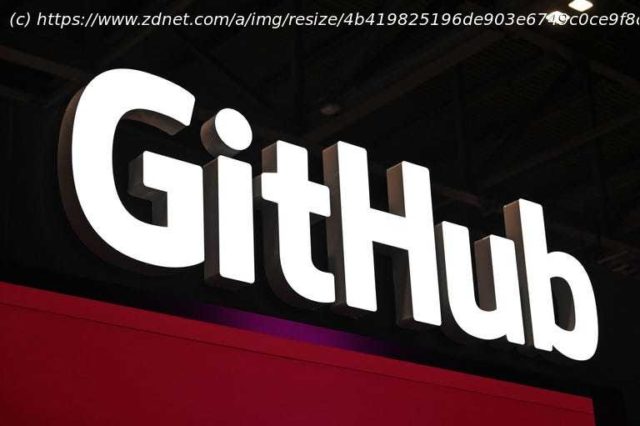Microsoft just gave GitHub Copilot the power to create, modify, and submit code independently. Here’s what this approach means for developers, workflows, and the future of programming careers.
Think about the relationship of Photoshop and, say, Google Photos. Photoshop can perform editing and retouching tasks on photos and graphic images. Google Photos, on the other hand, is used to view pictures and share them among friends and family. One is an editor, while the other is a cloud-based sharing tool.
This distinction is important when understanding the relationship between a programming environment or IDE (interactive development environment) like VS Code, Xcode, Eclipse, or JetBrains, and the online service GitHub.
In this analogy, the programming environment (VS Code) is like Photoshop. It’s where you create and modify code. GitHub is the cloud service. It’s like Google Photos, in that it’s where you share and collaborate with other coders.
In this article, we’ll talk about GitHub. It’s important to realize that GitHub is used to store and track code for collaboration and code reviews. The IDE, like VS Code, is used to write, edit, and debug code. Generally, programmers and programming teams use both together for an integrated workflow where coding changes are managed and tracked in GitHub and created and modified in the IDE.
So, with that, let’s talk about what GitHub does for programmers. It’s most widely known as an open-source sharing resource. GitHub hosts millions of open-source projects, which are shared with both users and coding contributors.
But that’s only the surface of what GitHub does. GitHub is used to manage programming projects. It provides version control, which allows for carefully controlled updates, and branches, so programmers can code and test in a new direction without mucking up the mainstream code.
GitHub also allows for collaboration and issue tracking. This service lets programmers work together easily, lets different programmers work on different parts of the codebase, and still lets that codebase function as an integrated whole.
GitHub is a hub for documentation, automated testing, building, deployment workflows, and code reviews. It also contains built-in project management features.
When I was a mere pup, before the internet, we used to have multiple interminable three-hour, 30-person meetings every week where we discussed code status, were assigned sections of code to work on, and decided how to split out work for new features.
This process was incredibly costly because no actual programming got done while a team of 30-plus professionals questioned their will to live.
GitHub eliminates all that complexity (except for the few companies holding such meetings out of spite). Coordination between programmers occurs seamlessly and organically, allowing vast teams to stay on track without sacrificing hours and sanity to universally despised group meetings.
Now that the non-programmers reading this understand where GitHub fits in the software development ecosystem, let’s discuss Microsoft’s announcements. GitHub Copilot adds agents
Microsoft has announced that GitHub Copilot, its coding assistant for GitHub work, is adding agent capability.
Programming, as it turns out, is a lot more than just programming. Creating and managing a piece of software is more than just typing in the syntax of a programming language to produce blocks of code and algorithms.
Start
United States
USA — software Copilot's Coding Agent brings automation deeper into GitHub workflows






